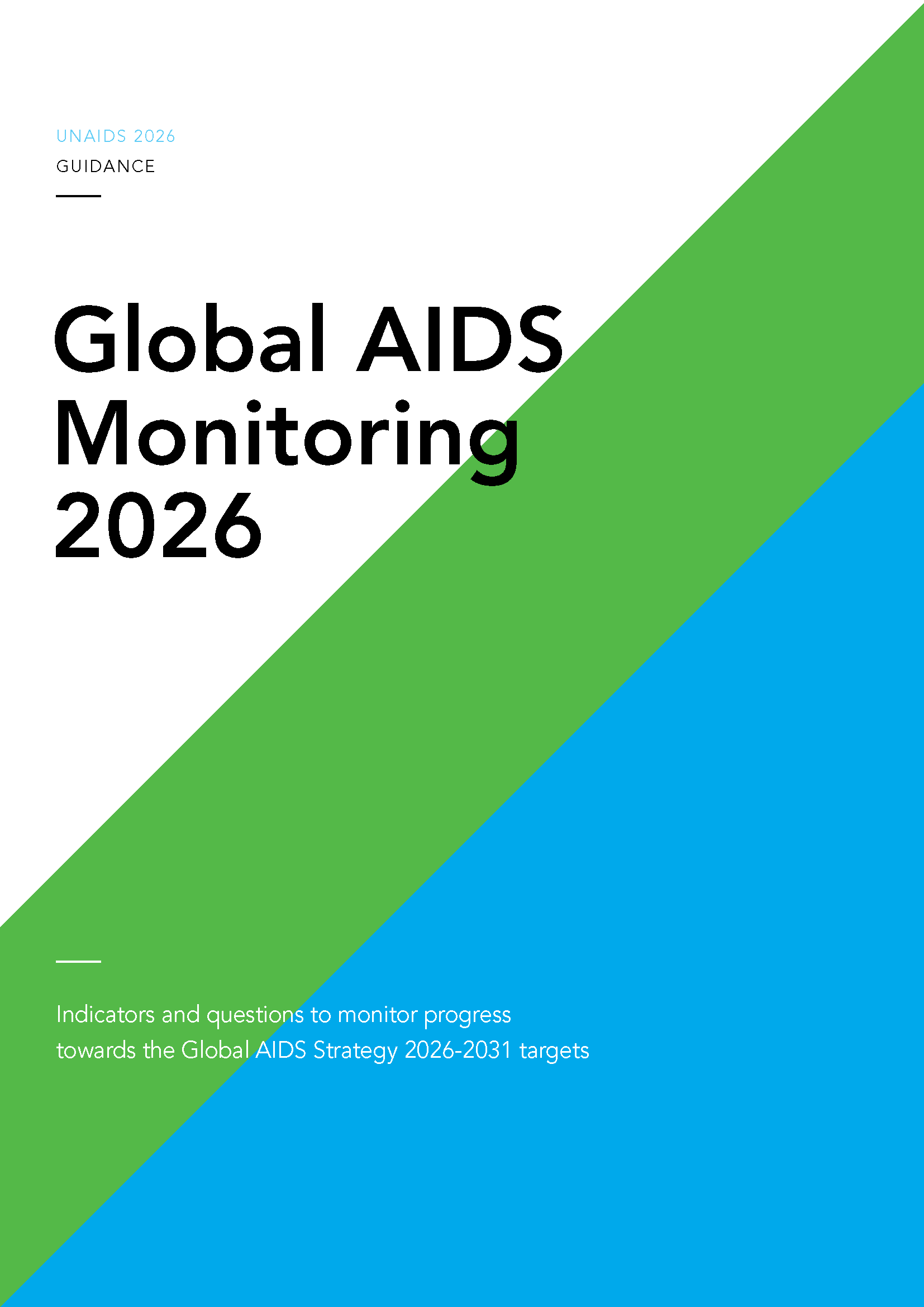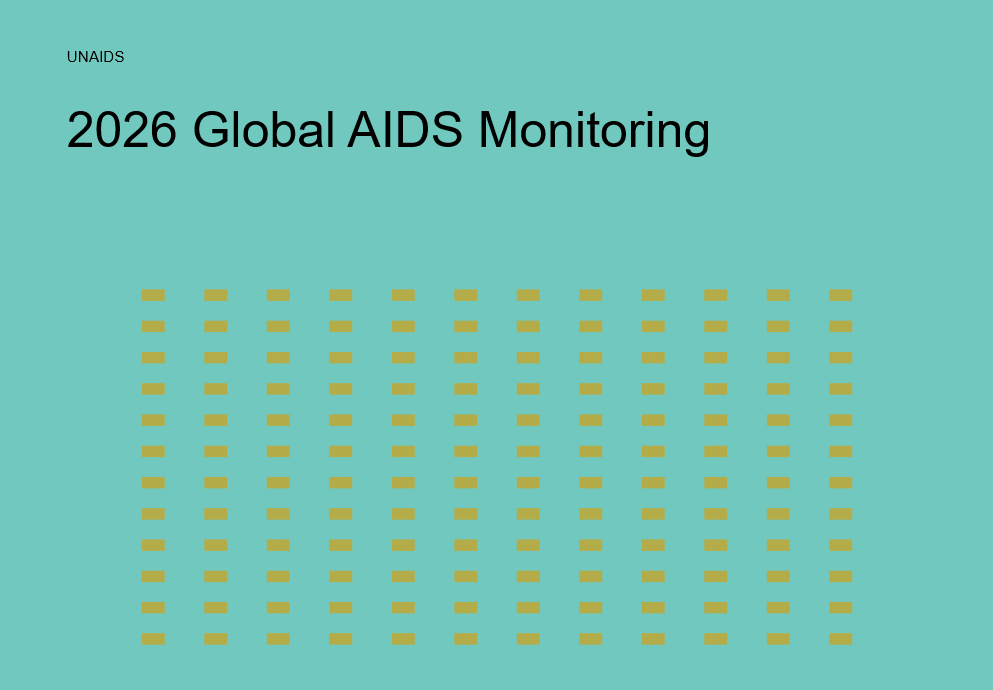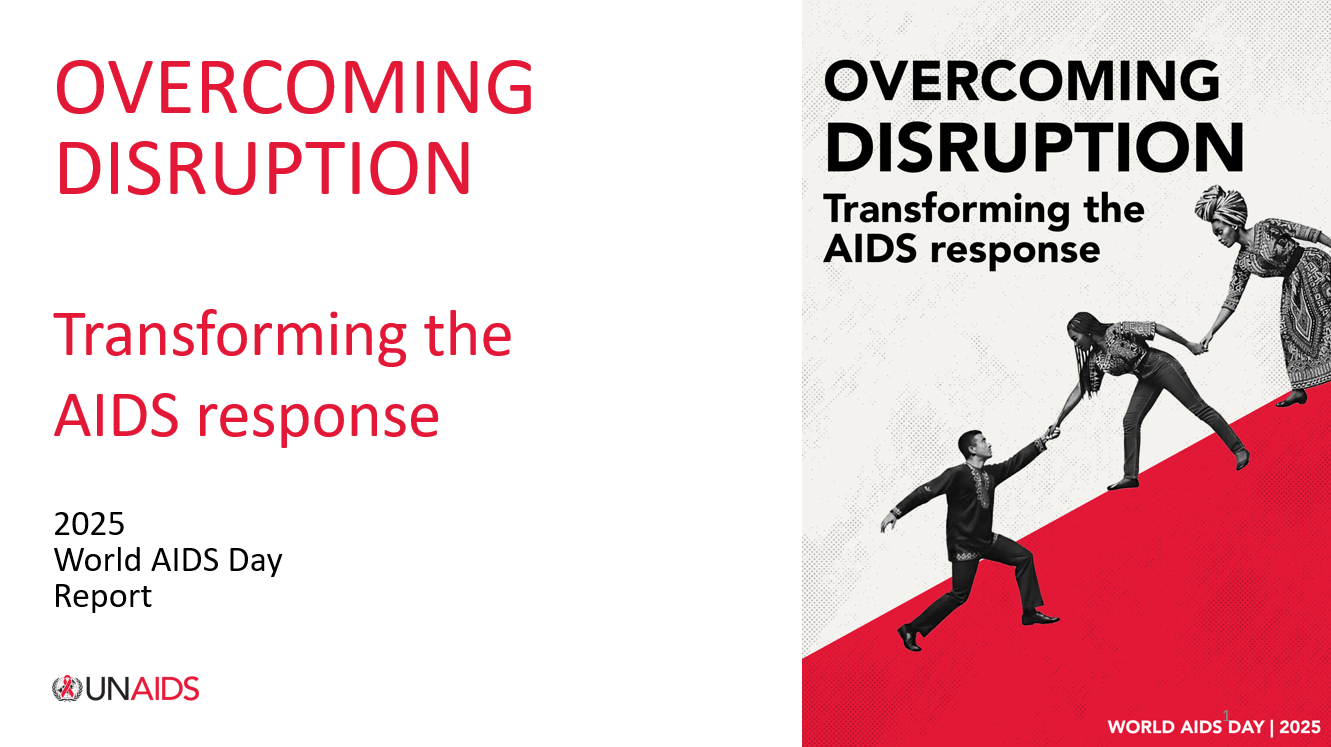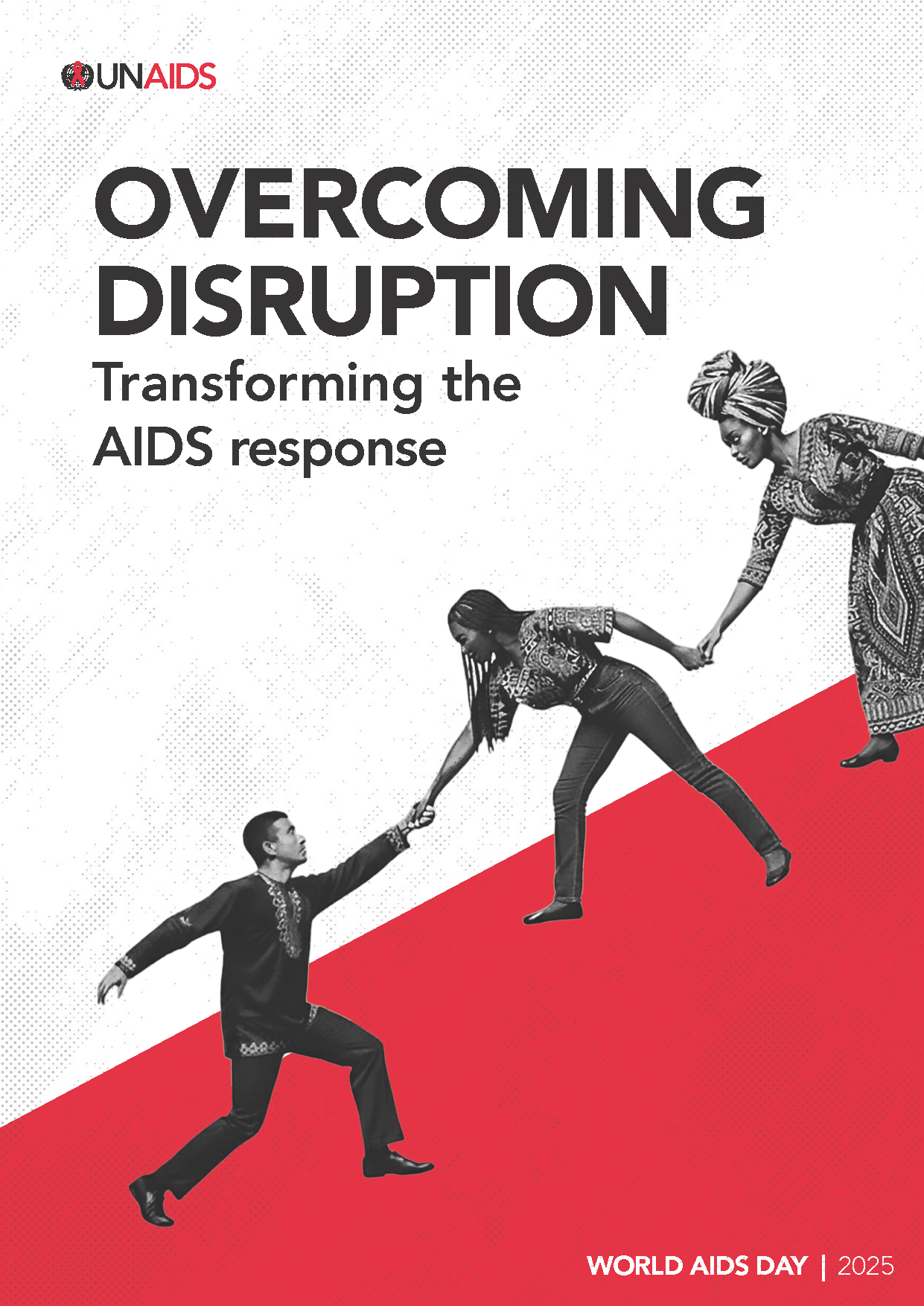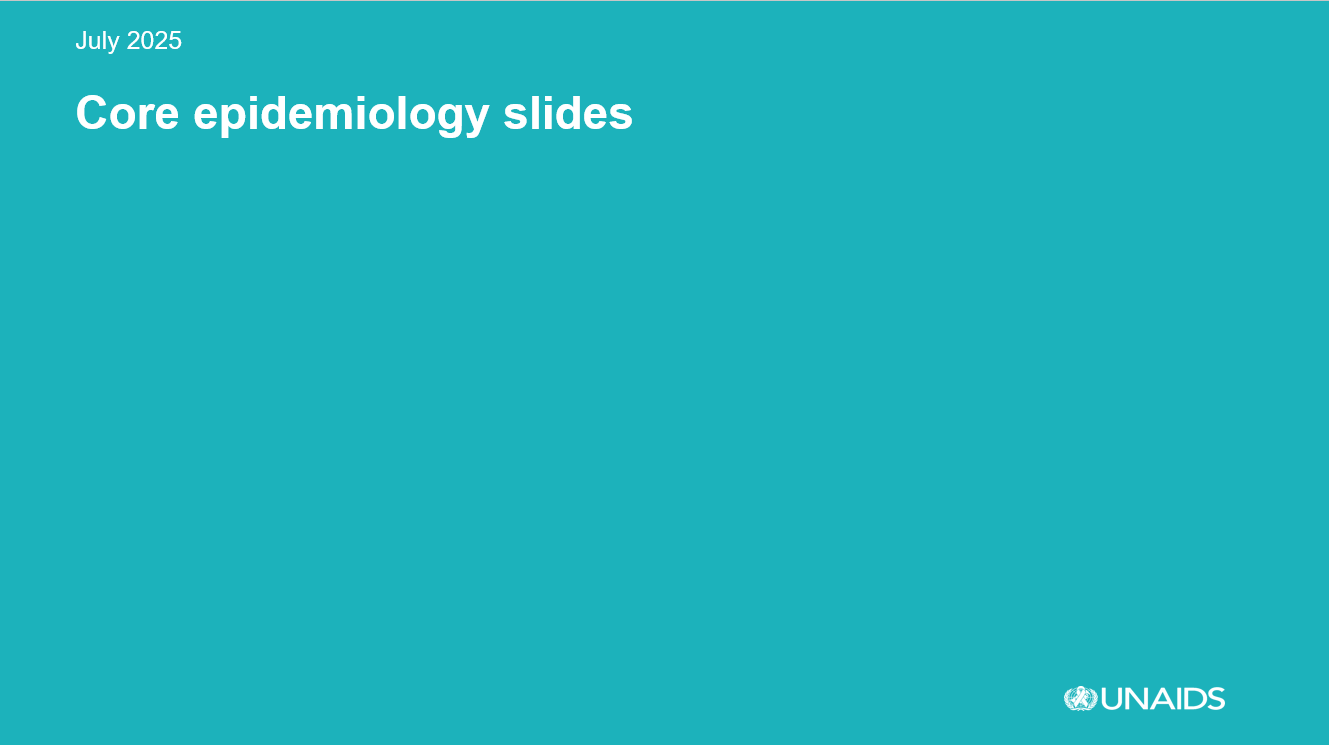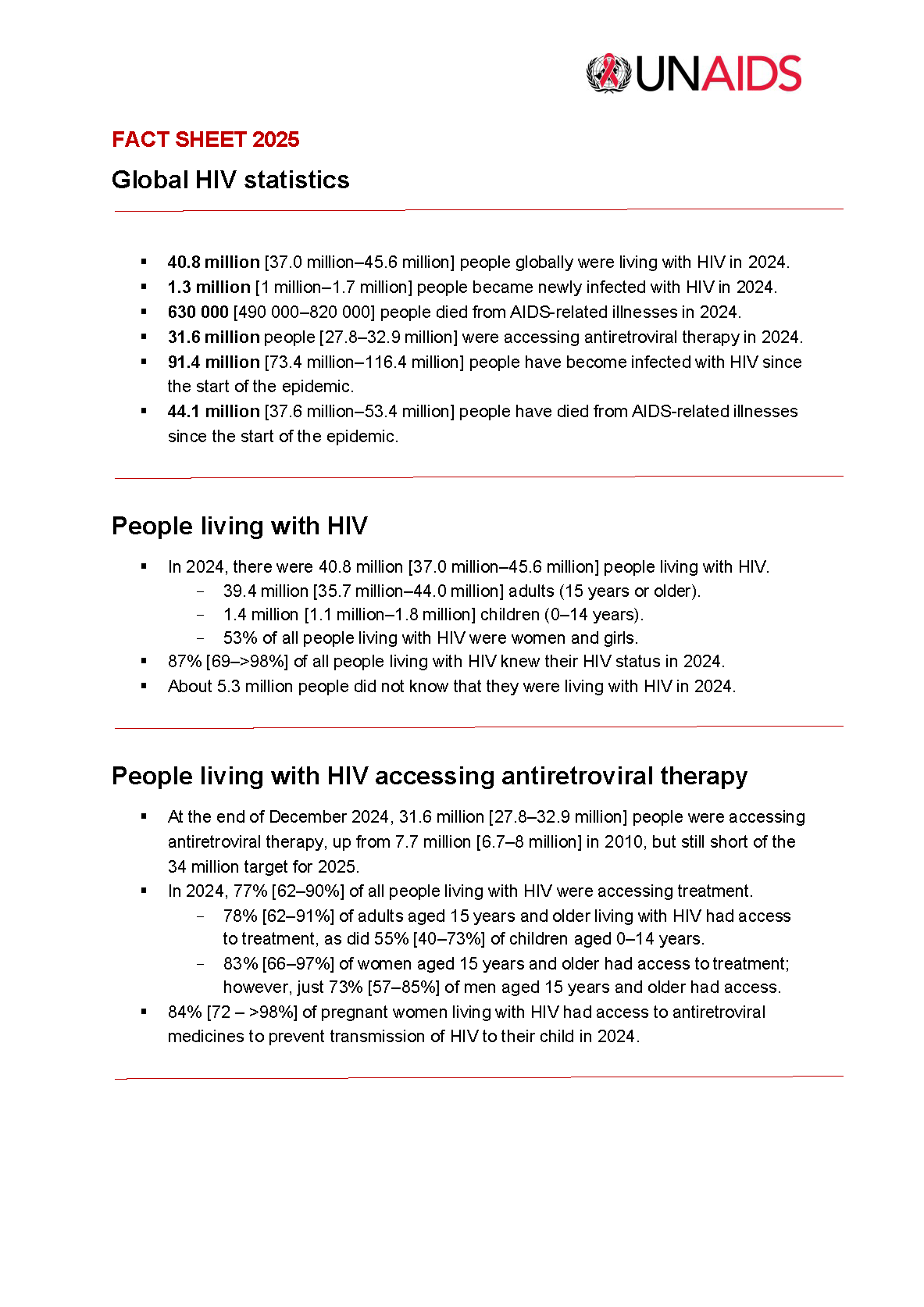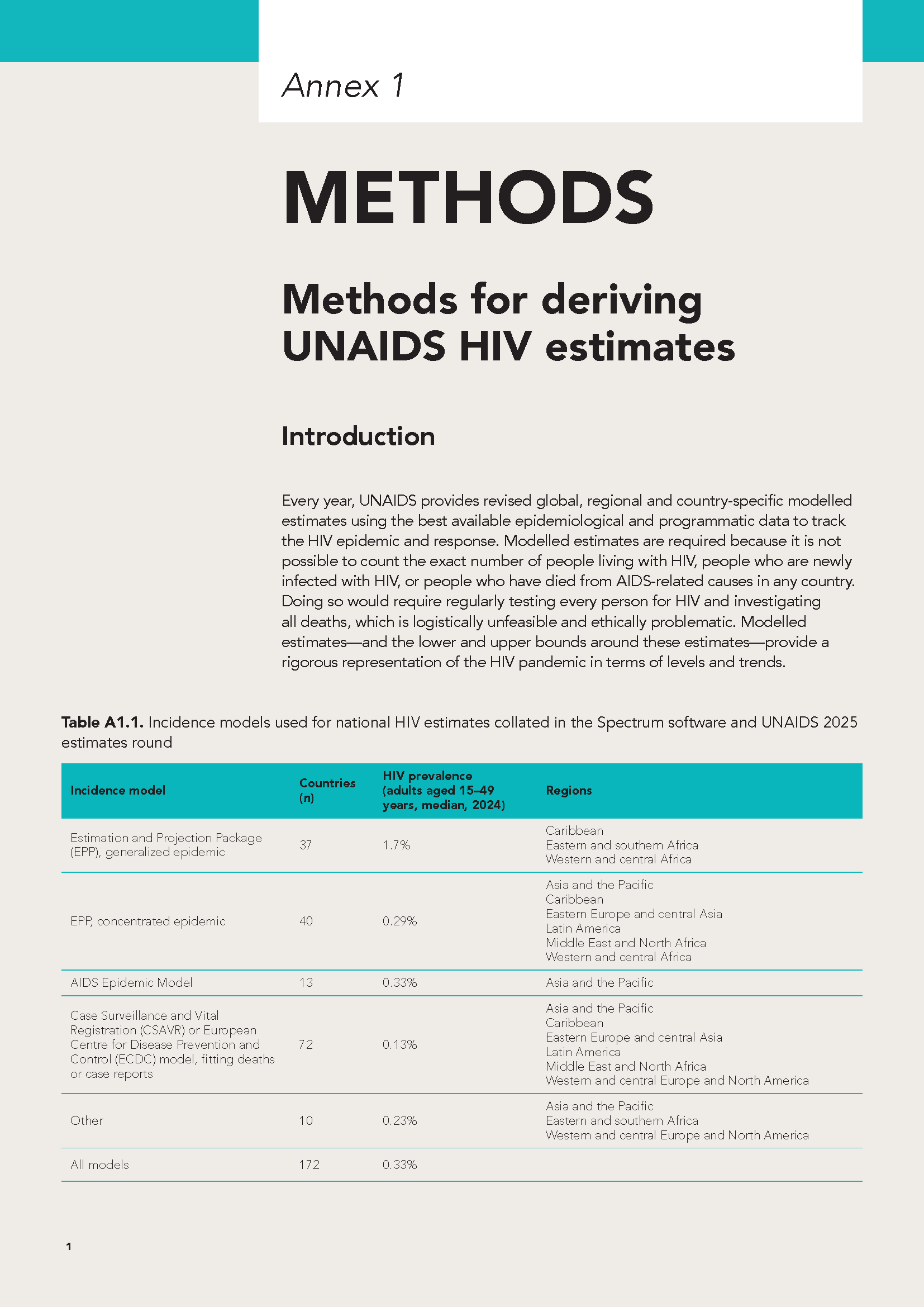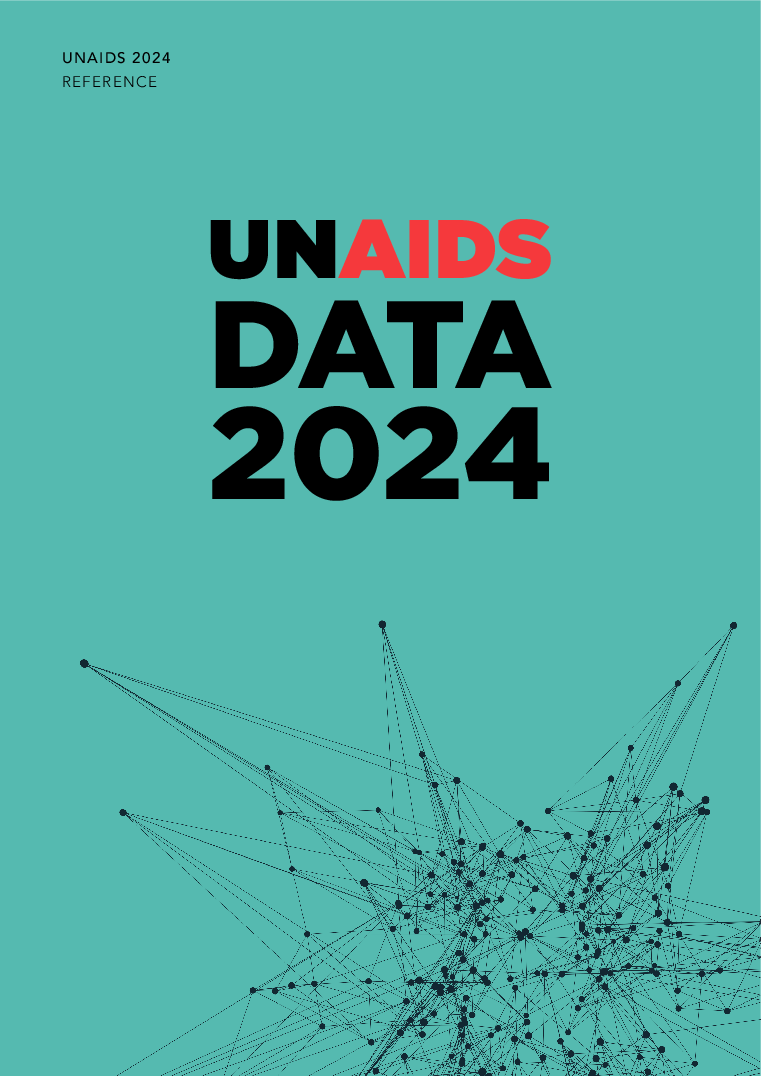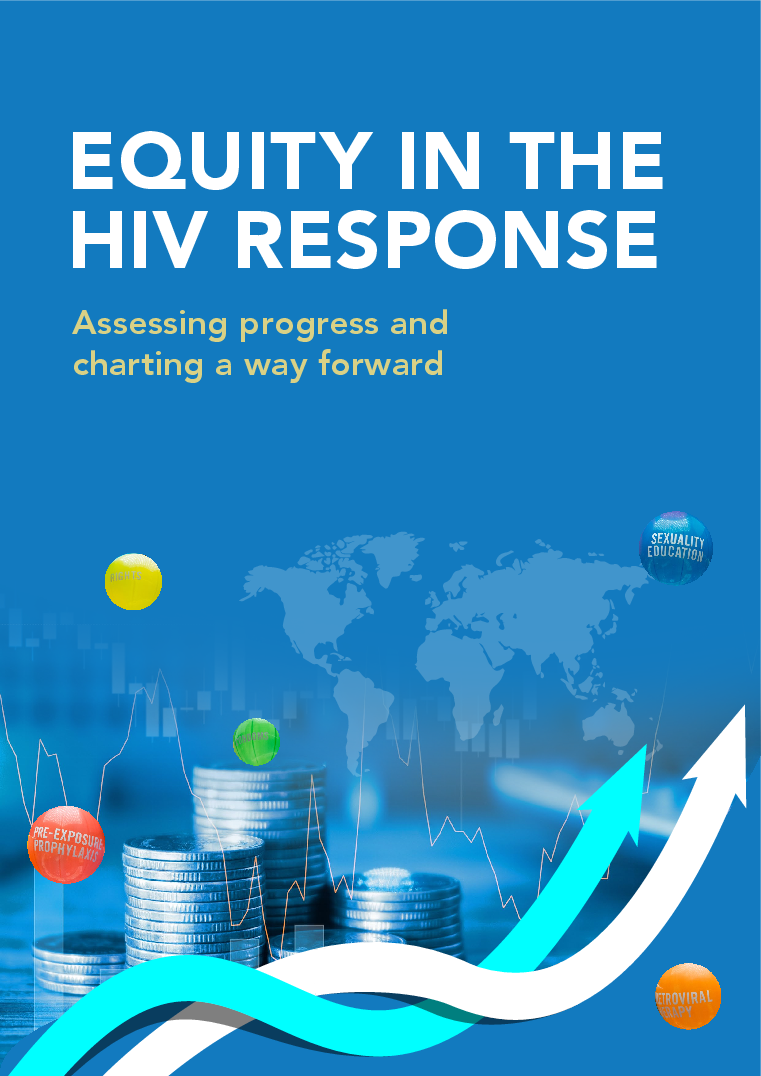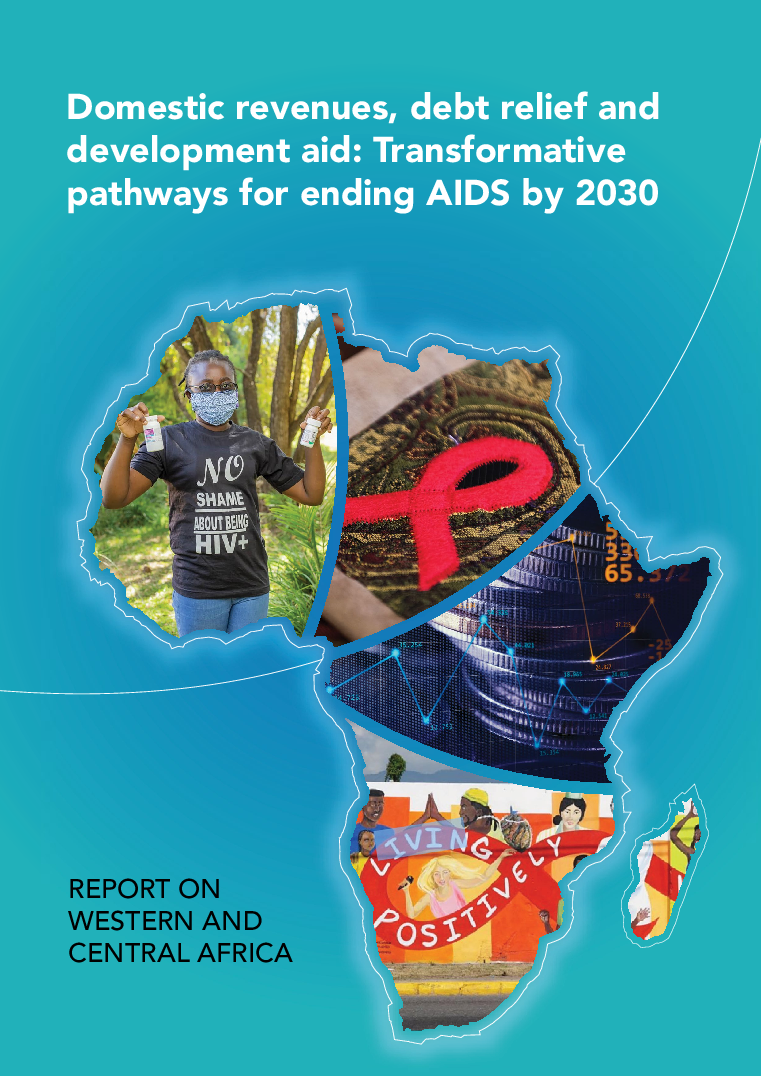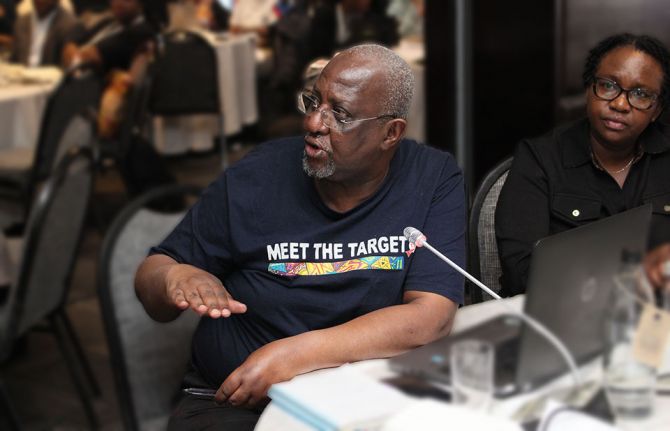
HIV financial data: A transformative power to ensure sustainability of the AIDS response
Progress towards ending AIDS as a public health threat has been strongest in the countries and regions with sufficient investments in their HIV responses, especially in countries from eastern and southern Africa. However, a critical part of this success lies in understanding where resources are being allocated and ensuring that investments are directed towards the most impactful interventions.

Experts back G20 action to tackle pandemics by addressing the inequalities which drive them and by boosting production of medicines in every region of the world
RIO DE JANEIRO, BRAZIL, 29 October 2024—Today, at a special event organized for the G20 Joint Finance and Health Ministerial, the Brazilian government and experts from the Global Council on Inequality, AIDS and Pandemics backed calls for efforts to break the “inequality-pandemic cycle” that is fueling continued disease emergencies. Two crucial measures could enable the world to tackle current and future pandemics.

UNAIDS Executive Director and Inequality Council urge G20 to back bold network on medicine production and address the social determinants of pandemics
At the G20 preparatory meeting in Brazil, Executive Director of UNAIDS and Under-Secretary-General of the United Nations, Winnie Byanyima, today urged governments to support a new G20 Alliance, proposed by the Brazilian government, to enable life-saving medicines to be produced in every part of the world. Co-Chair of the Global Council on Inequality, AIDS, and Pandemics Sir Michael Marmot also called on G20 delegates to address the social determinants of pandemics, such as education and human…
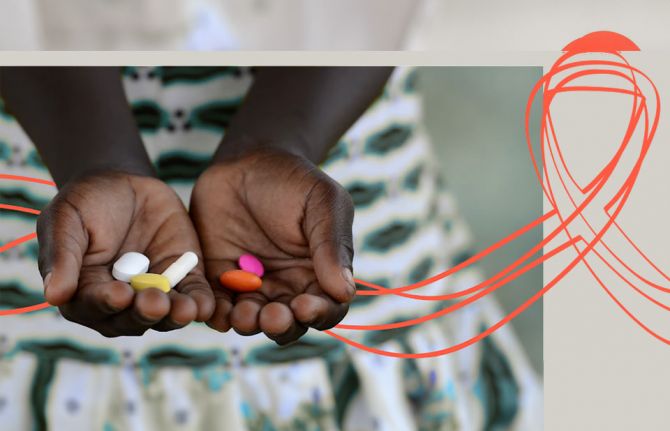
UNAIDS calls for sustained and expanded health and HIV investments at the Spring Meetings of the IMF and World Bank
Debt restructuring and reforms to the global tax system are urgently required to finance health systems and other essential services
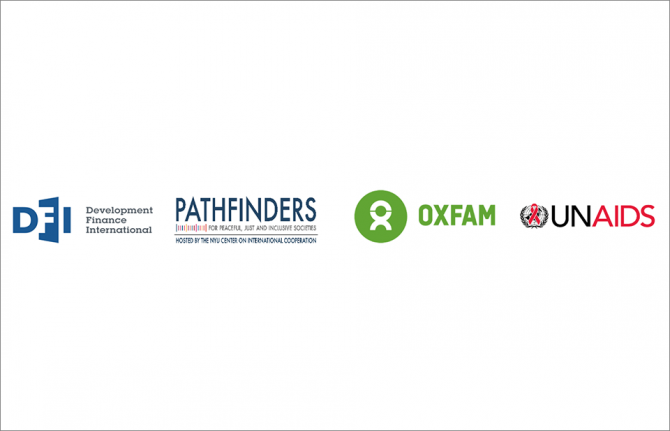
A call to action to save SDG10: reduce inequalities
The Centre for International Cooperation at the University of New York, Development Finance International, Oxfam and UNAIDS are calling for urgent action to save Sustainable Development Goal (SDG) 10: Reduced Inequality.
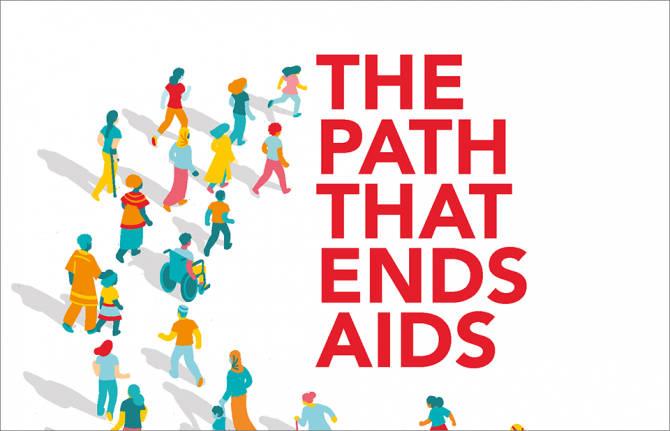
New report from UNAIDS shows that AIDS can be ended by 2030 and outlines the path to get there
A new report released today by UNAIDS shows that there is a clear path that ends AIDS. This path will also help prepare for and tackle future pandemics and advance progress towards achieving the Sustainable Development Goals. The report, ‘The Path that Ends AIDS’, contains data and case studies which highlight that ending AIDS is a political and financial choice, and that the countries and leaders who are already following the path are achieving extraordinary results.
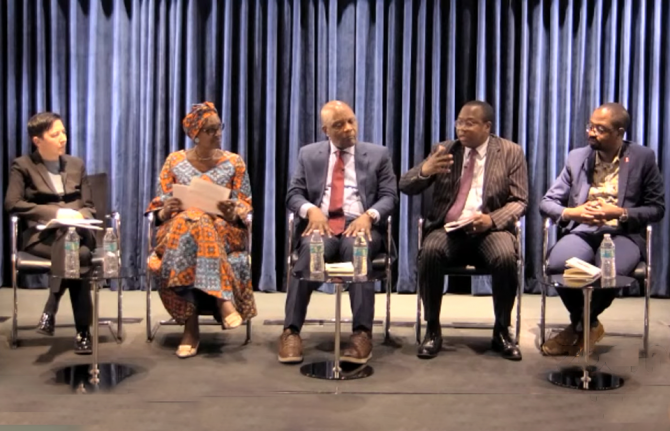
A Triple Dividend: Fully financing the HIV response in Africa
Fully financing the HIV response to get back on track to achieve the 2030 goals will produce substantial health, social and economic gains in African countries. These findings are highlighted in a new report, A Triple Dividend: The health, social and economic gains from financing the HIV response in Africa

Improving data collection to improve national AIDS responses
During a regional UNAIDS HIV estimates workshop in Bangkok, Thailand, groups gathered around laptops to discuss national insights, including the growing HIV infections among gay men and men who have sex with men (MSM) in the Philippines, the high mother-to-child transmission rate in India, and the expansion of the epidemic among some more at-risk groups.

United Nations Under-Secretary-General calls on leaders to address the debt crisis that is crushing developing countries
The Executive Director of UNAIDS and Under-Secretary-General of the United Nations Winnie Byanyima is calling on world leaders to address the unsustainable external debt service burdens of developing countries which are widening inequalities and undermining the health and livelihoods of millions of people.
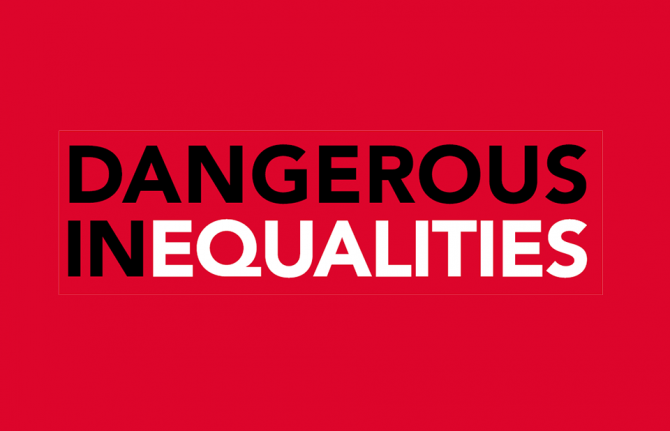
Inequalities are blocking the end of the AIDS pandemic, say UN
Analysis by the UN ahead of World AIDS Day reveals that inequalities are obstructing the end of AIDS. On current trends the world will not meet agreed global targets on AIDS. But the new UNAIDS report, Dangerous Inequalities, shows that urgent action to tackle inequalities can get the AIDS response on track.

